Modern Media Revives Nostalgia…
…too much for its own good.
Photo by Flickr Creative Commons
Nostalgia in modern media leaves little room for new, original stories.
In recent years, we have seen a demand to return to the past, with multiple reboots of old franchises regaining popularity at the box office. This business practice of reviving an iconic franchise in order to recapture the generation that grew up with it and, a new audience at the same time has always been prevalent in media; however, we have seen an over-saturation of this genre in the modern age.
The need to relive a simpler time in one’s life through movies and television is harmless, but corporations see an opportunity to create profit while simultaneously hindering the possibility of a new intellectual property from becoming iconic. Remakes usually fall in between soulless cash grabs such as Ghostbusters (2016), to awkward incorporated modernization that hinders the film into a limbo between “not like the original” and “not original enough to be deemed its own entity”, like Footloose (2011). Although every once in awhile a studio will produce a film similar to It (2017); an adaption that surpasses the original and becomes the definitive version, they are too far and in between, which does little to help the oversaturated market. I would be remiss to not include my own personal experience of “nostalgia goggles” effecting my critical analysis of a movie: Star Wars Episode VII: The Force Awakens, a film I loved from beginning to end until I began to critique it and realized it was a blatant rehash of A New Hope with the same exact character archetypes and disturbingly similar scenes.
Television networks also enjoy indulging in this marketing strategy of pandering to nostalgia, as we have seen a whole slew of revivals of renowned television shows that can also lack the same “heart” like Fuller House, or raise the bar for the series overall, such as the final season of Samurai Jack. However, The biggest problem with reboots has nothing to do with the actual quality of the product, but the effect it has on other aspiring artists who work in the industry that have to compete side by side against these reboots that have far more weight to their names, leaving other film studios in the dust.
If I had to theorize as to why nostalgia is in so much demand in entertainment these days as compared to any other decade, it would be that people find it necessary to relive a more peaceful time in their lives, childhood. Overall, I typically have no problem with remakes as they can introduce a new generation to a franchise and in the case of television revivals, give its audience closure. My only concern comes from the recent over-reliance on them by executives and the effects it has on possibility for new films to be successful at the box office.

Gr. 12
"Keep your head up in failure, and your head down in success." -Jerry Seinfeld


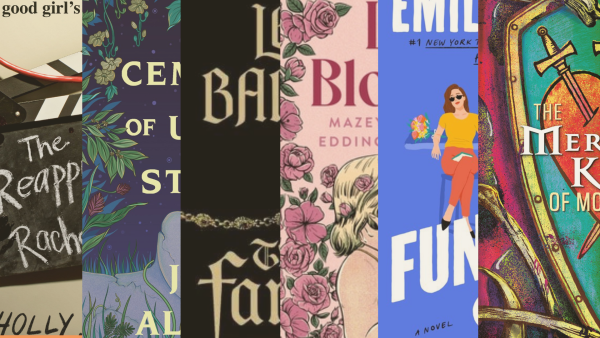
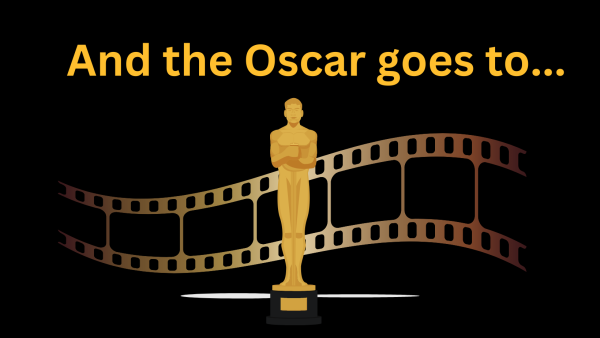
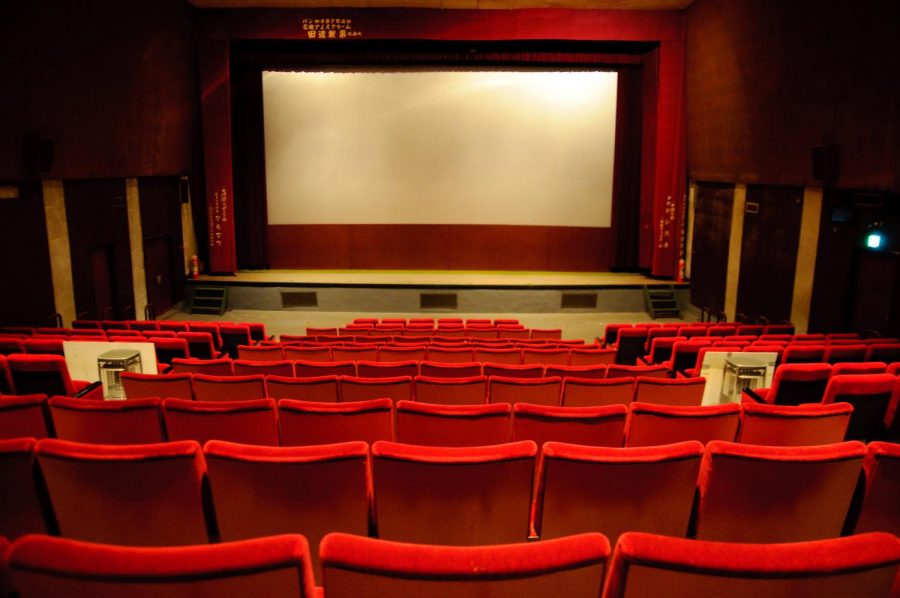
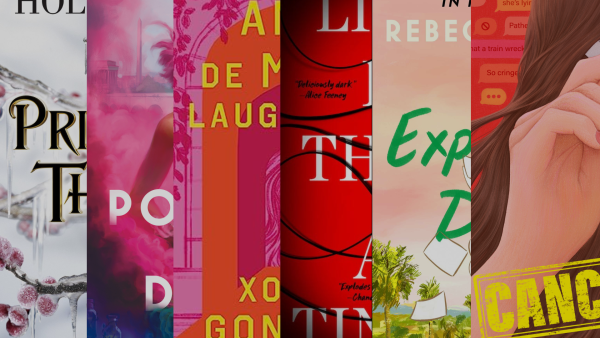
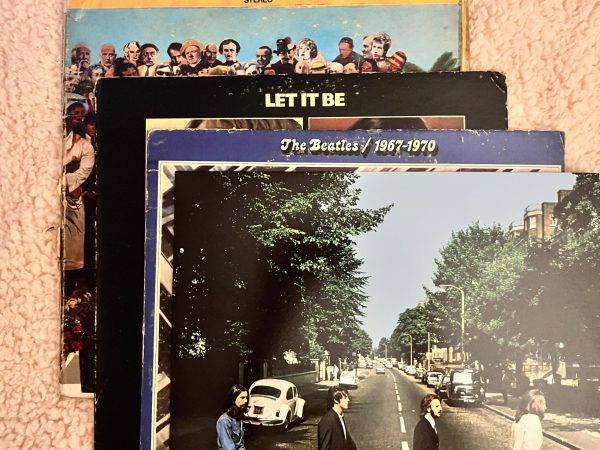
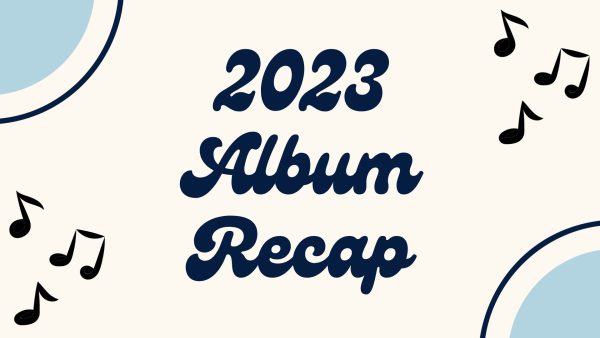
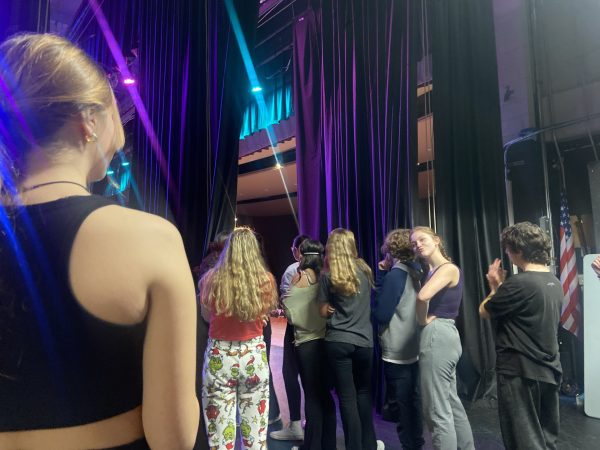
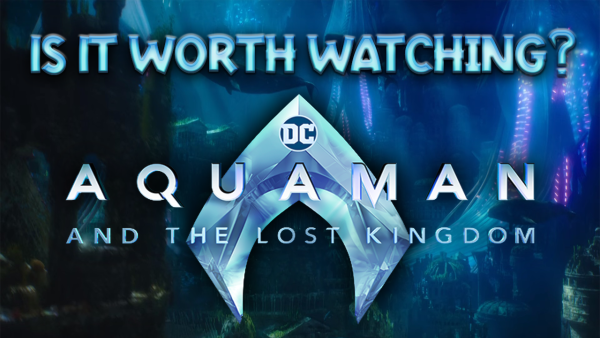

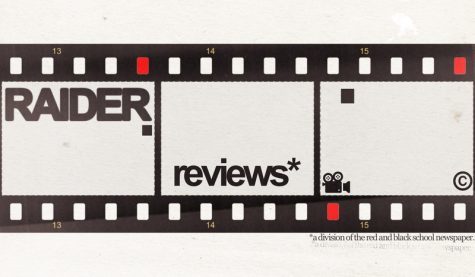
Sam • Oct 15, 2017 at 5:16 pm
I feel that while it’s been way too prevalent, like you said sometimes a better-made reboot can provide something stronger than the classic, as with “IT” and “Spider-Man: Homecoming” (the originals are only good for nostalgia, honestly). With the lack of minority stories being told in Hollywood, especially for Latinos, incorporating their stories with them as leads and main casts can provide something new and fresh rather than something that was just cool in the 80s and 90s.